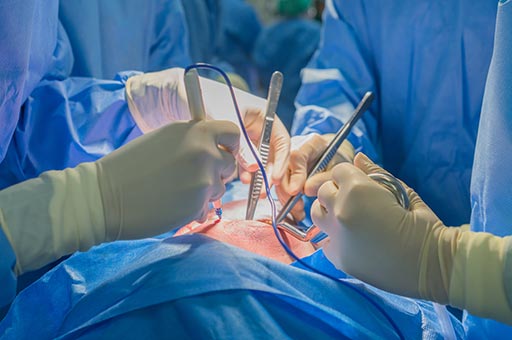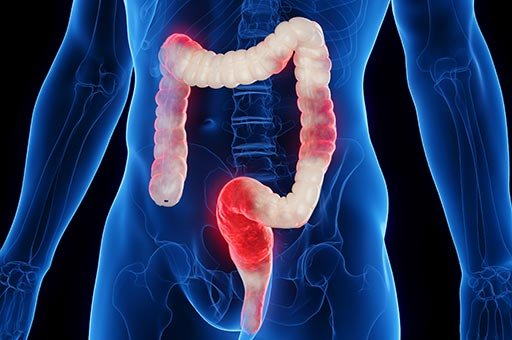
General surgery encompasses a wide range of surgical procedures aimed at treating conditions and diseases of various body systems. Endoscopy, on the other hand, is a minimally invasive diagnostic procedure that allows surgeons to view the inside of the body using a flexible tube with a light and camera attached to it.

These are common and can arise from various causes, ranging from benign growths to more serious conditions.

A lipoma is a benign tumour made up of fat tissue. They are soft to the touch and usually painless.

These are benign lumps beneath the skin, arising from blocked hair follicles.

Inflammation of the appendix, a small pouch attached to the large intestine.

A hernia occurs when an organ or fatty tissue protrudes through a weak spot in a surrounding muscle or connective tissue.

Endoscopic procedures that allow visualization of the upper and lower parts of the gastrointestinal tract, respectively.

Bleeding that occurs along any part of the gastrointestinal tract.

A common complaint with a wide range of causes.

Surgical procedures performed to address life-threatening conditions or severe pain.
General surgery and endoscopy are vital in diagnosing and treating a plethora of conditions. If you or a loved one is experiencing any of the symptoms or conditions mentioned above, it is crucial to consult with a specialist. Our team offers comprehensive diagnostic and treatment services tailored to individual needs, ensuring the best possible outcomes.
38 Irrawaddy Road
#10-33
Singapore 329563
Tel: +65 6041 0933
1 Farrer Park Station Road
#08-14 Connexion
Singapore 217562
Tel: +65 6974 8859
HP: +65 8874 0371 (24 hours)
Email: contact@spectrum-surgery.com
© 2026 Spectrum Vascular & General Surgery